I’m adding a new “regular” feature to the blog. I spend every waking moment of my life listening to music, no exaggeration. There’s at least one earbud in my ear at any given moment. Unless I’m in the shower. If I could do it there too I would.
So, sometimes I’m just listening to shit and I don’t have time to collect all my free-floating unresearched thoughts into coherent review-type walls of text. So here it is, the mostly autobiographical AudioBiography. *trumpet fart*
Enslaved
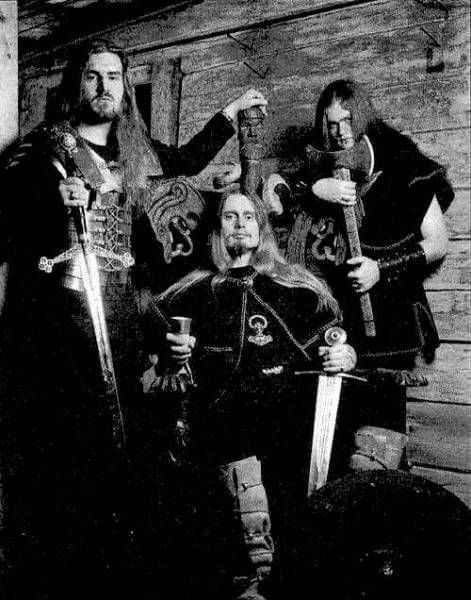
Oh cool, a black metal band where everyone has long hair and they’re all wearing costumes. A real nice change of pace. Way to break the mold, guys.
My first foray into black metal was trying to dip into Enslaved. This was years ago, probably 2014, back when my mind was at its most open, but metal was still sort of scary and impenetrable. Circa late 2013, I was starting to acquire a taste for the guttural death metal growls. Sort of! There has always been Opeth, which I got into in college but only the clean singing…so that would only be Damnation at the time. That was a couple years before the band’s apparent permanent shift to clean-singing progressive rock/metal starting with Heritage in 2011. But, man, did I ever like Damnation. The closest I ever got to appreciating more Opeth at the time was Ghost Reveries and Watershed, but even those were tough with all the RAWR RAWR RAWWWWWWR!
But I’m not here talk about Opeth, consarn it! Enslaved is commonly described as “the Opeth of black metal”, and since Opeth opened the door for death metal, then, dagnabbit, I was going to let Enslaved open the door to black metal! No ifs, ands, or buts! Here we go!
And I didn’t really like it. Vikingligr Veldi, their debut, is what I started with. Long, inaccessible track lengths, weird cheesy synths, unsettling low-energy, muttery, growly vocals. I couldn’t connect with it at all. And then I tried the next three albums and they all sounded about the same. I couldn’t understand the Opeth connection whatsoever.
As time went on, and I collected many more varied black metal listening experiences, I always returned to Enslaved. Earlier this year, during some particularly deep diving into the hellish void that is the world’s black metal repository (and I believe there are twice as many black metal recordings on Earth than than there are recordings of every other music genre put together), I acquired a taste for the style in a way I never had before! And then I jumped ahead to their later, more progressive output, and finally understood the Opeth connection.
That is to say, I am now a big fan. Wasn’t that interesting? The last few weeks I’ve been getting into their later career stuff more than ever: In Times, E, Utgard, it’s all solid stuff. They always keep it fresh and innovative within the confines of their own developed sound.
I still think Enslaved is a good starting point for the black metal-curious, but I wouldn’t start at the beginning like I did. I’d go with Monumension and Below the Lights, which are both middle-career transition albums. If you like the pure black metal stuff, go earlier. If you like the progressive metal stuff, go later. Bing bang boom.
Caetano Veloso

Caetano Veloso showing off that sexy, emaciated, living in a Brazilian dictatorship look that was all the rage in 1967.
While the English-speaking Western world was fawning over the British Invasion completely upsetting and changing the course of popular music forever starting in the 1960s, Brazil was having its own insular artistic revolution at the time in the form of tropicália. Before tropicália, and other similar subgenres emerging at around the same time, Brazilian popular music was largely based around Brazilian folk/dance traditions via, primarily, the bossa nova and samba styles. See, I look things up once in a while!
Tropicália, specifically, was a mixed bag subgenre. Traditional folk/dance, bossa nova, samba, psychedelia, African rhythms, British/American rock, anything goes. It was basically the Brazilian version of progressive rock (the whimsical side, like the Canterbury scene), albeit more politically motivated with an aim to be directly seditious. As a sporting young chap who is always interested in breaking into some experimental and revolutionary music, no matter where it comes from, I was totally on board with tropicália when I first learned about it a couple years ago!
Even though the tropicália movement completely pissed off the Brazilian government and forced some artists into exile, like everything else on planet, time can make even the most subversive music seem completely tame by the current day’s standards. Os Mutantes, Gilberto Gil, Gal Costa, Tom Zé, Marcos Valle, and Caetano Veloso, these are all the biggest names associated with the movement, and my sampling of their early work left me disappointed. I’m sure it was groundbreaking for its time, but now it just sounds like the early Kinks or the early Who fucking around or something. It doesn’t help that I can’t speak a lick of Portuguese, maybe there are lyrics in there about the Brazilian dictatorship and how they can all go suck a hard dick?
I found a couple of Brazilian artists I did really like right away, but they were active decades later. They also weren’t associated with the movement at all, but were likely influenced by it. These include avant-garde weirdo Arrigo Barnabé, and avant-garde weirdo Rogéerio Skylab. I remember trying to get into tropicália during the autumn months, so that’s probably why I’m thinking about it again. So, I’m sticking with Caetano Veloso right now, whose melodies seemed more interesting to me than the others. His first three albums are all self-titled! Right now, I think Caetano Veloso seems a little more personal than both Caetano Veloso and Caetano Veloso, but Caetano Veloso has more diversity. I don’t know how I feel yet about Caetano Veloso. Does that make any sense?! I thought so.
Other Quick Thoughts
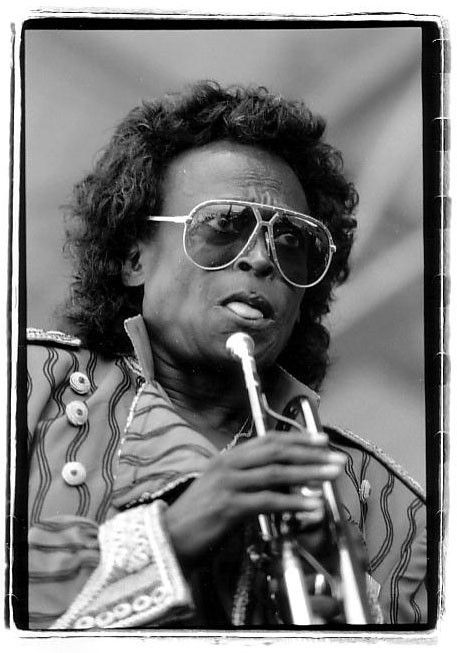
Miles Davis proves that he’s the Jim Jones of jazz…but, you know, without all the Kool-Aid mass suicide stuff. That I know of.
–Rivils of Nihil are really leaning into becoming a straight-up prog-metal band with their most recent release The Work. I don’t know how I feel about this yet, but I think I really like it??
-I like the idea of System of a Down more than I like System of a Down. I know Mezmerize better than any of their other releases, and it’s the only one that has really stuck. I listened to their self-titled debut again this week, which I only tried a few times, and I was surprised at its consistency. I should dip into Serj Tankian’s solo output someday. Maybe.
-Live jazz box sets are the shit! And there are really not that many official ones if you think about it. It’s too bad there was no real thought to recording and/or releasing full live sets on a regular basis. We’d be sitting on an endless goldmine of top-notch jazz from the greatest jazz men of the Great Jazz Men Generation. BUT, we make do with what we have. Right now I’m delving deep into Miles Davis’ Complete Live at the Plugged Nickel 1965 (8 discs), John Coltrane’s Complete 1961 Village Vanguard Recordings (4 discs), and Bill Evans’ Complete Village Vanguard Recordings 1961 (3 discs). There’s also a 20-disc Miles Davis release called The Complete Miles Davis at Montreaux that will take me years to absorb. Maybe I’ll listen to the whole thing tomorrow. Ha!
That’s enough of this shit for now.

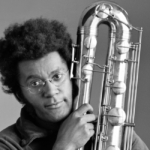
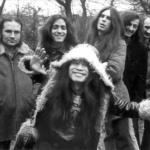
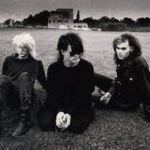



Click here to ridicule this post!